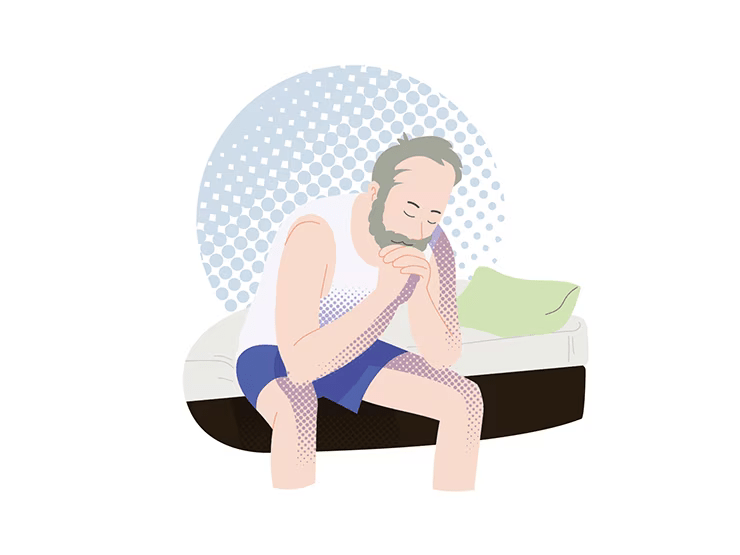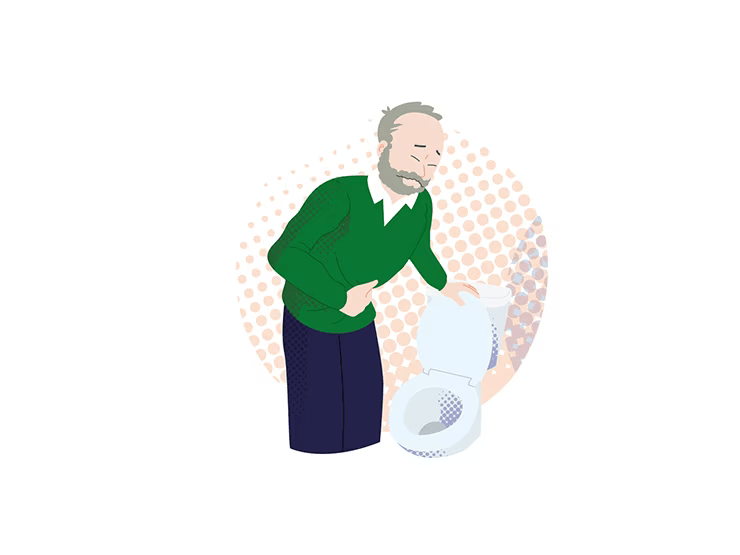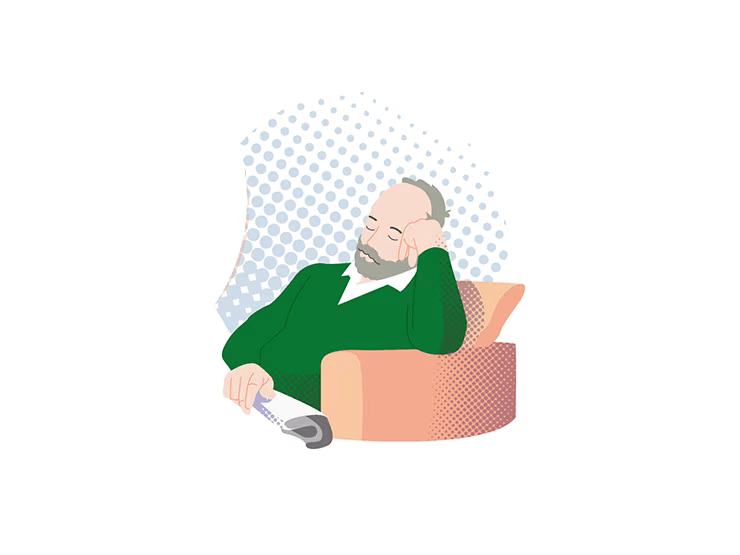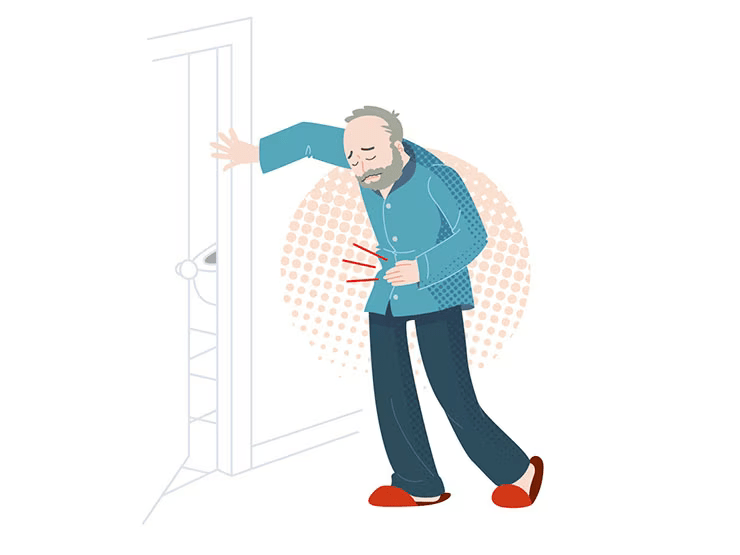Prostate cancers, as well as their therapies, have an effect on fertility, and sexuality. If you intend to become a parent, you will receive dedicated sexuality support as well as preventative measures to prevent infertility.
Stress, anxiety, and exhaustion that accompany a diagnosis sometimes result in a decline in desire. However, sexuality is more than just a matter of anatomy. Affection, tenderness, talking... are all examples of sexuality. Desire also returns in small doses over time. Since the body's appearance is altered, several questions can arise before, during, and after treatment. Difficulties may arise, such as the fear of being devalued in the eyes of the other, a loss of virility, a loss of self-esteem, and doubts about one's ability to seduce. Relationship and sexual issues may arise because of these issues. Communication and the resumption of an emotional and sexual life may be facilitated by addressing the topic within the couple. After the illness, with a satisfying mental and sexual life
If you're having trouble getting a good erection for sexual intercourse, there are a variety of therapies available. The more often, your doctor will prescribe you medication. Start with a pill if it doesn’t work there are other alternatives. Some are injected into the cavernous bodies* at the base of the penis (known as extracavernous injections), while others are in the form of a gel to be applied into the urinary meatus*. Erections can also be obtained with the aid of a vacuum pump. The use of a penile prosthesis can be suggested as a last resort.
To assist you during and after care, sex counselling and/or committed psychological support may be given. These consultations can include your partner. It can take some time to integrate and adapt to the disease's and treatment's physical and psychological effects. It's easier to relearn how to have sex when you have confidence and contact with your partner.





